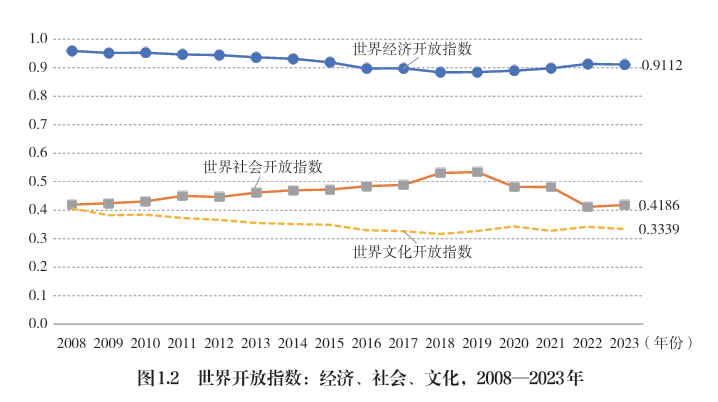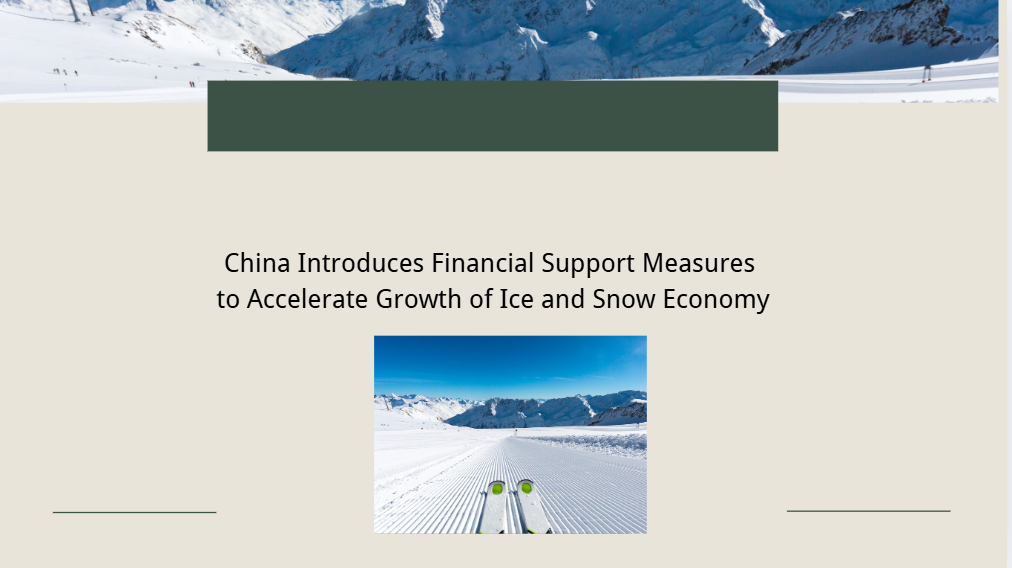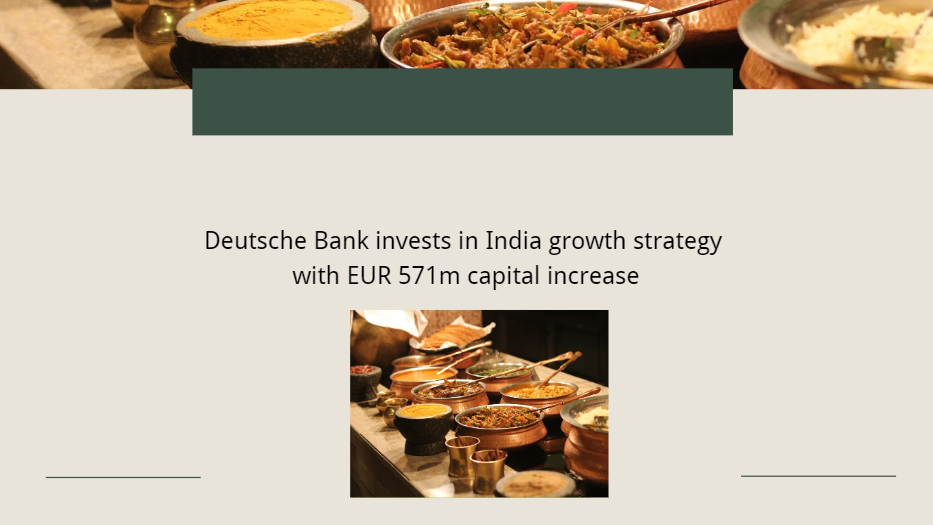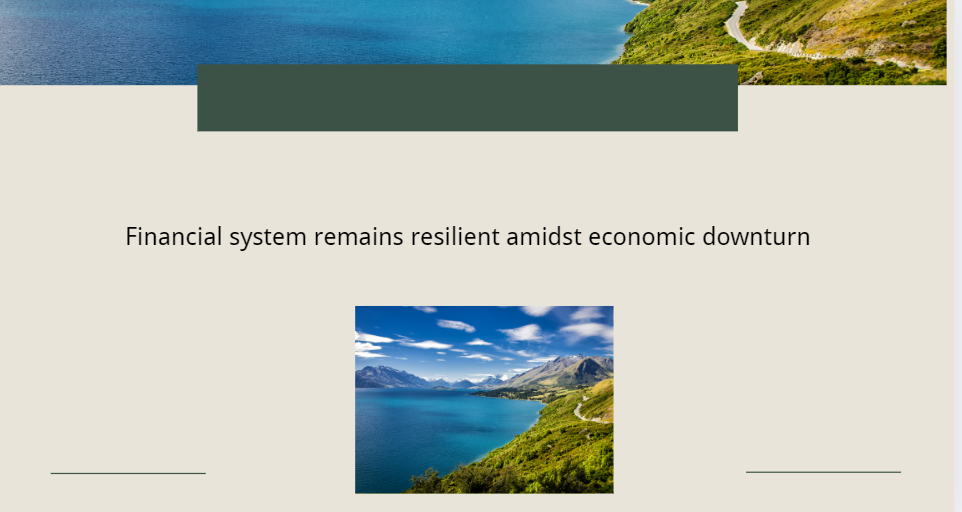World Openness Report 2024: China's Deepening Openness Fuels Global Economic Integration and Investment Opportunities
In a landmark demonstration of China's commitment to economic openness, the World Openness Report 2024 was unveiled on November 5 at the 7th Hongqiao International Economic Forum, shedding light on China's expanding role in fostering an open, inclusive global economy. This forum, convened in Shanghai, brought together leaders from business, government, and academia, highlighting China's achievements and challenges in enhancing cross-border collaboration. The event underscored the nation's role as both a key player and advocate for high-level opening-up, particularly in complex and shifting global economic conditions.

In his opening remarks, Chinese Minister of Commerce Wang Wentao reaffirmed China's dedication to advancing global trade frameworks and creating accessible, dynamic environments for international enterprises. His perspective was echoed by representatives from the United Nations Industrial Development Organization (UNIDO) and senior officials from the Chinese Academy of Social Sciences, who emphasized the broad implications of the World Openness Index—an innovative metric tracking economic, social, and cultural openness across 129 countries and regions.
The report, jointly published by the Institute of World Economics and Politics at the Chinese Academy of Social Sciences and the Research Center for Hongqiao International Economic Forum, revealed that China's openness index has grown significantly, reaching 0.7596 in 2023, compared to 0.6789 in 2008. This ranking places China at 38th among global economies, marking a steady progression even amidst a slight global decline in openness in 2023.
Strategic Areas of Focus in China's Openness Drive
Key speakers at the forum spotlighted several strategic initiatives shaping China's opening-up. These include enhancing institutional reforms in Shanghai's Pudong New Area to align with international trade standards. According to Zhu Zhisong, Party Secretary of Pudong New Area, such reforms are expected to streamline flows of capital, technology, and talent, further reinforcing Shanghai's position as a global innovation and financial hub. The Pudong government is also establishing specialized industrial clusters across fields such as biomedicine, artificial intelligence, and green technology to attract multinational companies and bolster China's industrial competitiveness.
With a combined value of approximately RMB 910 billion ($127 billion) in private equity and venture capital funds concentrated in Pudong, Shanghai's financial ecosystem is uniquely positioned to support international corporations seeking to expand in China. As part of this drive, officials from the Pudong New Area highlighted the establishment of 32 industry-specific parks, providing infrastructure and policy support for sectors ranging from intelligent vehicles to large cruise ship manufacturing.
Voices from Global Enterprises on China's Commitment to Innovation
China’s dedication to innovation as a catalyst for economic transformation has resonated with major global companies. During the forum, Marc Horn, President of Merck China, praised China's rapid advancements in the biomedical sector, noting that the favorable regulatory landscape has encouraged Merck to expand its R&D network across China. Jasmine Xu, CEO of P&G Greater China, also highlighted how Shanghai’s support for new consumer models aligns with P&G's goals of leveraging institutional opening-up measures to gain a competitive edge in the consumer goods market.
International auto parts provider FORVIA HELLA's Executive Vice President, Bai Binyi, emphasized Pudong’s role as a center for technological innovation. FORVIA HELLA has benefitted from supportive local policies that promote access to advanced technologies, skilled talent, and new markets, positioning the company at the forefront of intelligent mobility solutions in China.
Insights from the World Openness Report 2024: Global Trends and China's Role
The World Openness Report 2024 also delves into critical issues surrounding global economic integration. These include shifts in global value chains, with foreign-added value in exports reaching a record 24% in 2022, an increase of 4 percentage points since 2009. As Qu Weixi, Director of the Research Center for Hongqiao International Economic Forum, articulated, "Openness is a clear hallmark of China's modernization. By enhancing reform and development through openness, China seeks to foster win-win outcomes, both domestically and globally." He noted that China's proactive engagement in multilateral, bilateral, and regional economic frameworks has solidified its position as a reliable contributor to a stable, diversified global economy.
While the global openness index saw a slight decrease, Zhang Yuyan, a distinguished academician of the CASS, observed that economic globalization has continued evolving, albeit with adjustments rather than a complete reversal. He expressed confidence in the resilience of economic integration, noting that “the ‘small streams’ promoting opening-up are still converging,” indicating enduring momentum despite global economic headwinds.
China's Rising Influence on Sustainable Global Development
Cecilia Ugaz Estrada from UNIDO highlighted that China's focus on digitalization and green energy initiatives has positioned the country as a leader in sustainable industrial development. China's role in fostering sustainable industrial transformation is increasingly pivotal as it continues to balance economic growth with environmental stewardship.
The World Openness Report 2024reaffirms China's trajectory toward deeper global integration and highlights its leadership role in advancing innovative solutions to modern economic challenges. As stakeholders across sectors engage with China's evolving policies and dynamic market, the report serves as both a reflection of progress and a guidepost for future growth. With China's openness and modernization efforts gaining international traction, the country is well-positioned to shape a more inclusive, resilient global economy that benefits businesses worldwide.





















































First, please LoginComment After ~